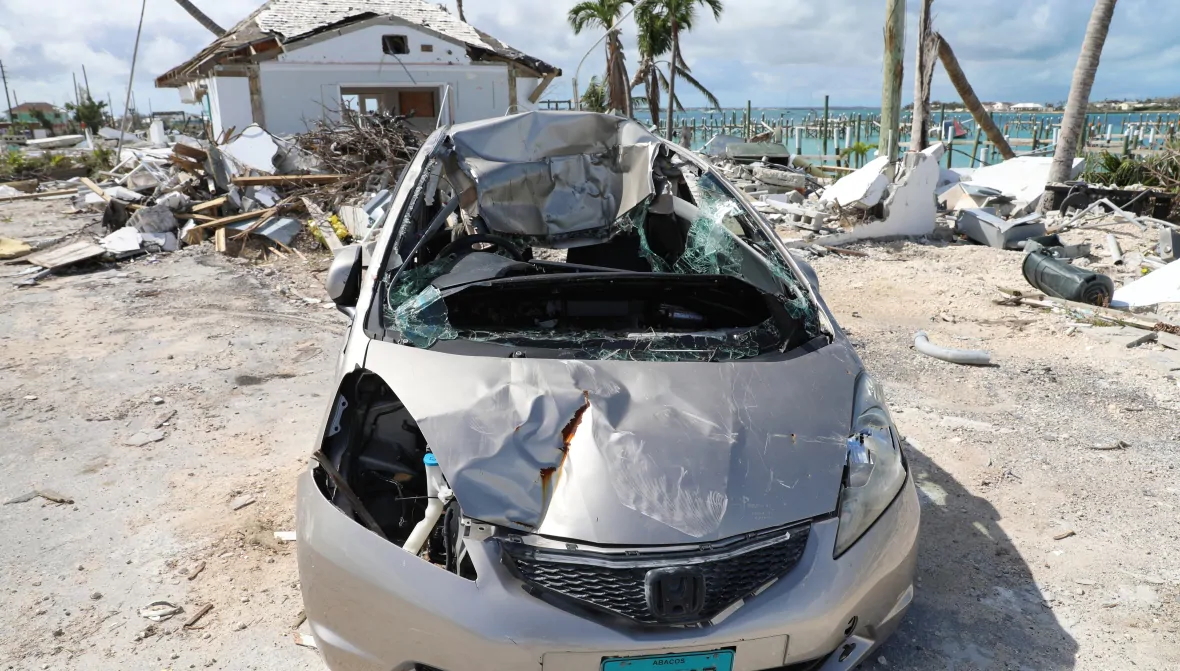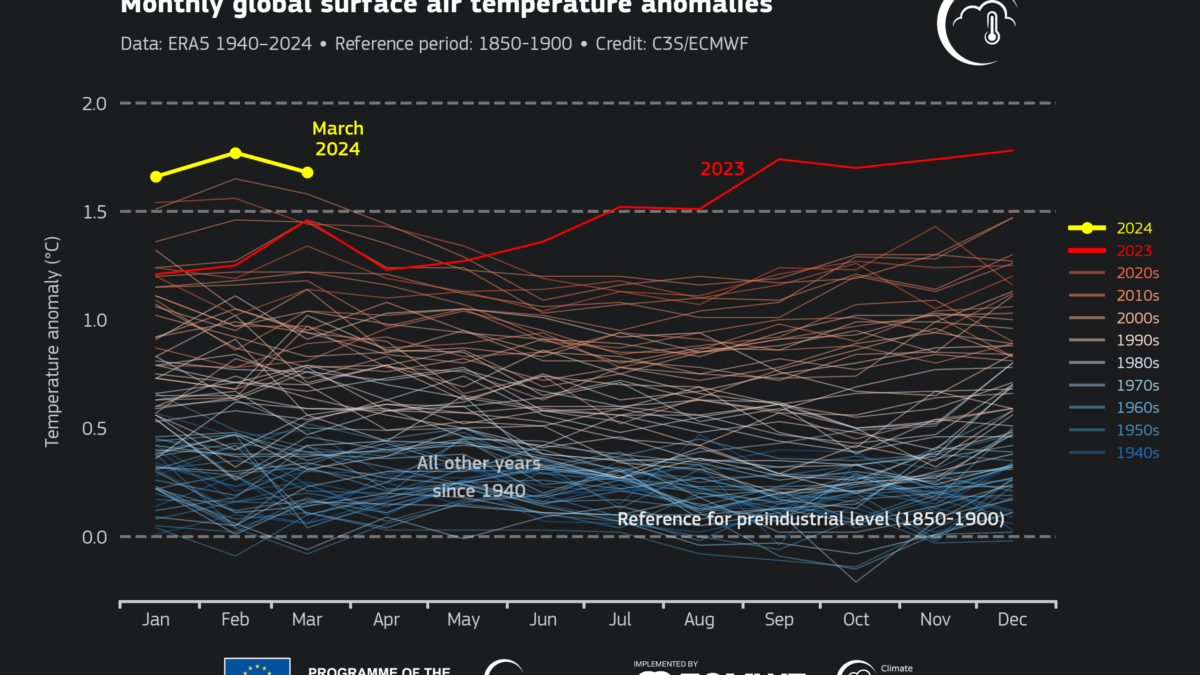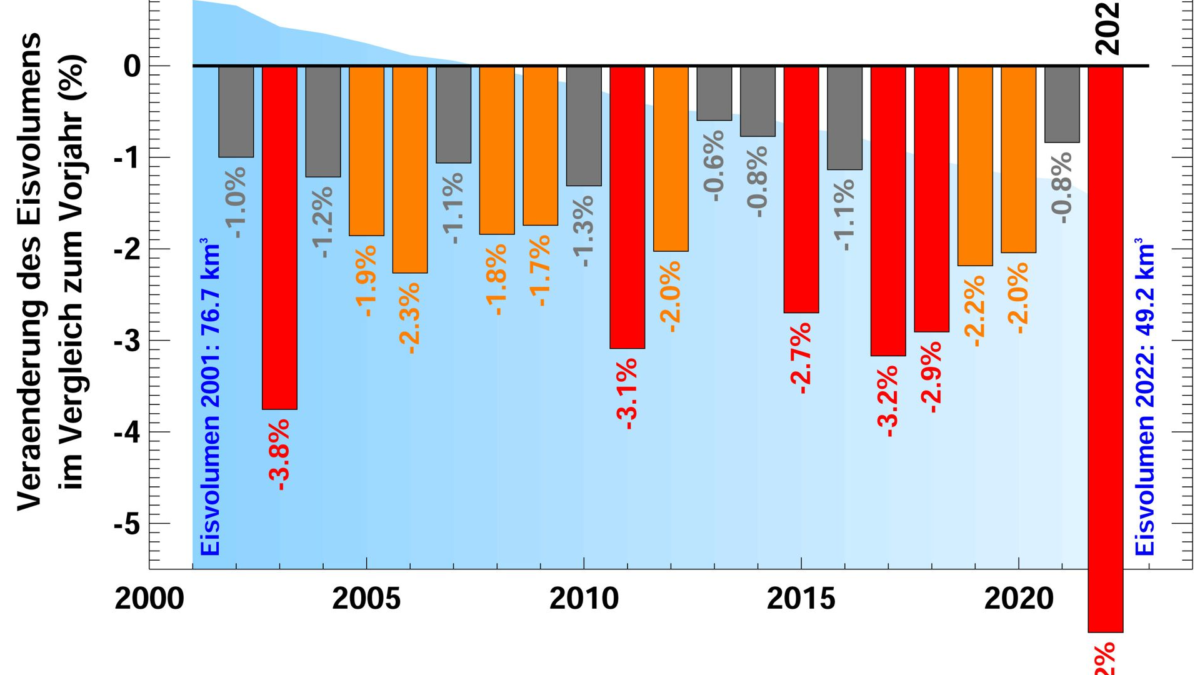Due to climate change, Nevada says goodbye to grass – “I’d like to think we can all band together and solve problems without killing ourselves”
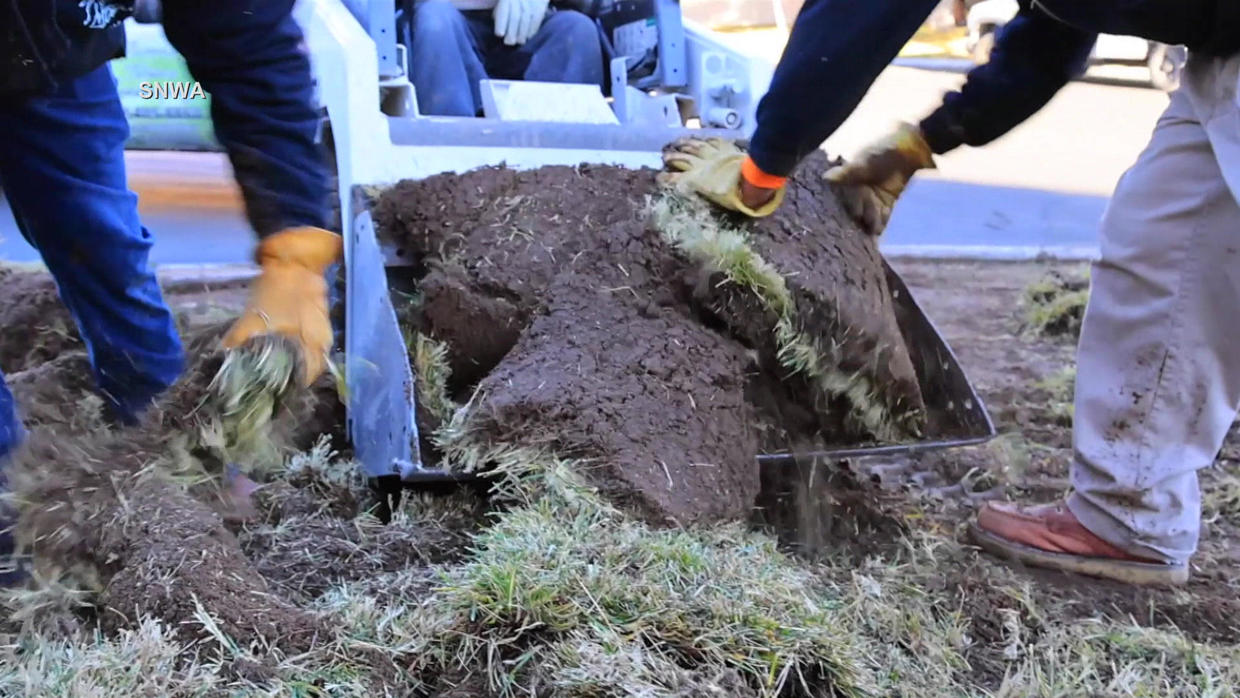
By John D’Amelio
7 August 2022
(CBS News) – In Las Vegas, Nevada, it’s come to this: climate change has helped make water ever more scarce, so under a new Nevada law, the grass has got to go. “When we look at outdoor water use in Southern Nevada, landscaping far and away is the largest water user, and of that, it’s grass,” said Bronson Mack of the Las Vegas Water Authority.
The city’s already pulled up about four million square feet of grass on public property so far this year, because thirsty green parkways are something they just can’t afford anymore. “The grass that you see behind me is not long for this world,” Mack told correspondent Tracy Smith. “In fact, within the next couple of months to a year, this grass will be completely eliminated, and it’ll be replaced with drip-irrigated trees and plants.”
And every drip counts. So, water waste investigators (also known as water cops) patrol the neighborhoods, taking note of who’s watering when, and how much of that water goes down the drain.
Living through the summer of ’22 has made climate change harder to deny, whether here in bone-dry Nevada, or in the Caribbean, where rampant seaweed growth is choking beaches; or Kentucky, where too much water created a tragedy that’s still unfolding.
But it seems there are still those who could use convincing that climate change has become a climate emergency.
Last spring a group of scientists chained themselves to a Los Angeles bank in protest over the lack of action. “We’re going to lose everything, and we’re not joking,” said one protester, Dr. Peter Kalmus. “We’re not lying, we’re not exaggerating. This is so bad, everyone.”
Smith asked Kalmus, “Do you feel like you’re sitting on all this science and you’re trying to share it with the world and no one’s listening?”
“That’s exactly how I feel, yes,” he replied.
Twenty years from now, we will look back on the summer of 2022 and we will wish that we had it this good. We will wish it was this cool. And that’s not an exaggeration whatsoever.
Dr. Peter Kalmus, NASA climate scientist
A NASA scientist and father of two, Kalmus said that we should be scared to death about the climate right now. “I think that if your house is on fire, you get the adrenaline, you get the panic, and that saves your life, because you get out of the house and you put the fire out.”
“So, you want people to freak out about this?”
“I do want people to freak out, yeah. I don’t think people are freaking out enough. There’s not enough public urgency over this.”
For starters, Kalmus wants people to know what the world is going to feel like in summers to come.
Smith asked, “If this summer is so ridiculously hot, what is next summer going to look like?”
“In general, it’s a trend going up,” he replied. “Twenty years from now, we will look back on the summer of 2022 and we will wish that we had it this good. We will wish it was this cool. And that’s not an exaggeration whatsoever.”
And for the most part, the scientific community is behind him: the U.N.’s Intergovernmental Panel on Climate Change report is basically the last word on where we stand, and that word is grim, says the report’s lead author Sarah Burch.
She told Smith that the bad news coming from the IPCC report is that “We are not on track currently to limit warming to less than two degrees. And this is that limit that we have set that scientists have told us is important, because it helps us to avoid the worst impacts of climate change.”
So, what does two degrees of warming mean? We asked Neil deGrasse Tyson to lay it out for us: “How many degrees away was the Ice Age of 20,000 years ago? Eight degrees colder. Eight degrees colder, we have an Ice Age where glaciers reach all the way down to the middle of the United States of America.”
“So, even a half a degree makes a huge difference?” asked Smith.
“In your life, what’s a half a degree to you or me? Two degrees, who cares? Earth, it matters. It matters,” Tyson said. “Eight degrees colder, glaciers reach St. Louis. Two degrees warmer, we’re losing our coastline. Take it up a little higher, I don’t even wanna be around to see that.”
“If the ice caps melt, how high could the waters get?”
“From the ice caps. The water levels of the oceans will rise and reach the left elbow of the Statue of Liberty – that’s her left arm holding the document,” Tyson said. “I don’t even wanna think about that.” […]
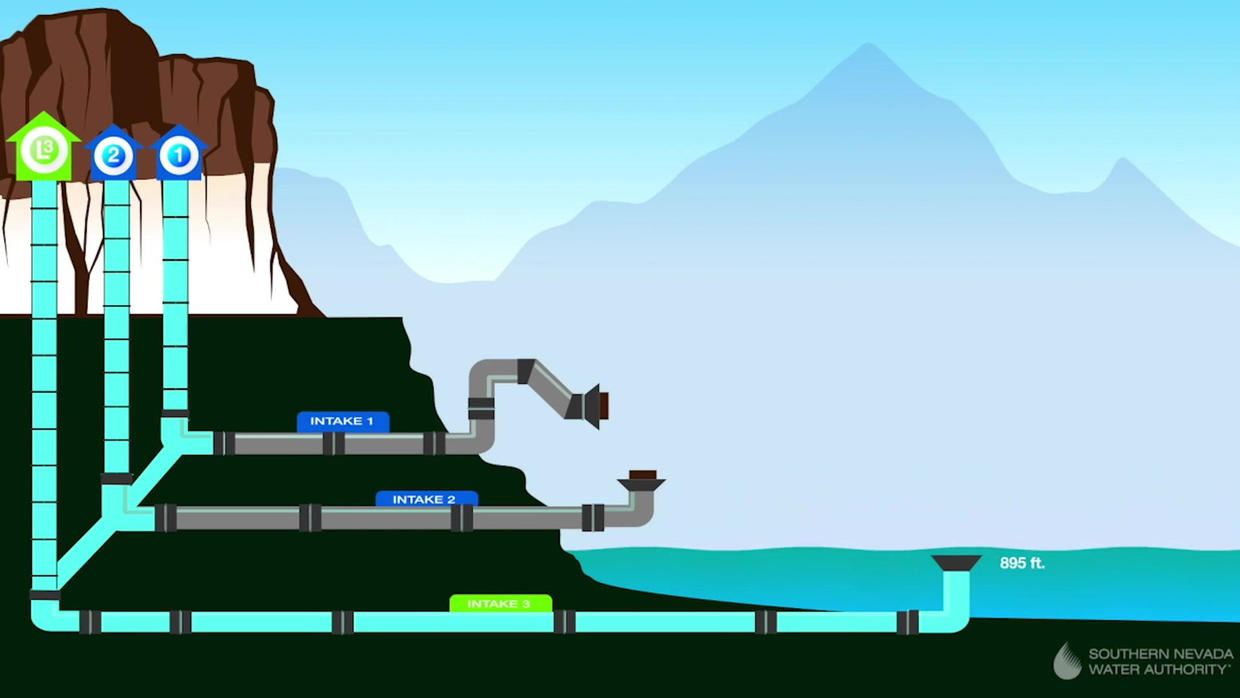
Lake Mead, one of the main water sources in the region, is drying up faster than ever. The white “bathtub ring” shows just how much.
Some of the intake pipes that carry water downstream are already sticking out above the water line. But if the lake’s water level drops too low to flow downstream, or becomes what they call a “dead pool,” the people in Southern Nevada have a plan: They’ve built a low lake level pumping station near what used to be the water’s edge. Massive pipes connect to a new intake, almost a drain, at the very bottom of Lake Mead, so they’ll be able to keep pumping water until the last available drop.
Smith asked Water Authority chief John Entsminger, “You guys could see this coming, that you had to do something?”
“Absolutely,” he replied. “We didn’t need a crystal ball to know that we needed to prepare to protect our community.” […]
Tyson added, “We are all the same race, the human race. And I’d like to think we can all band together and solve problems without killing ourselves.” [more]
